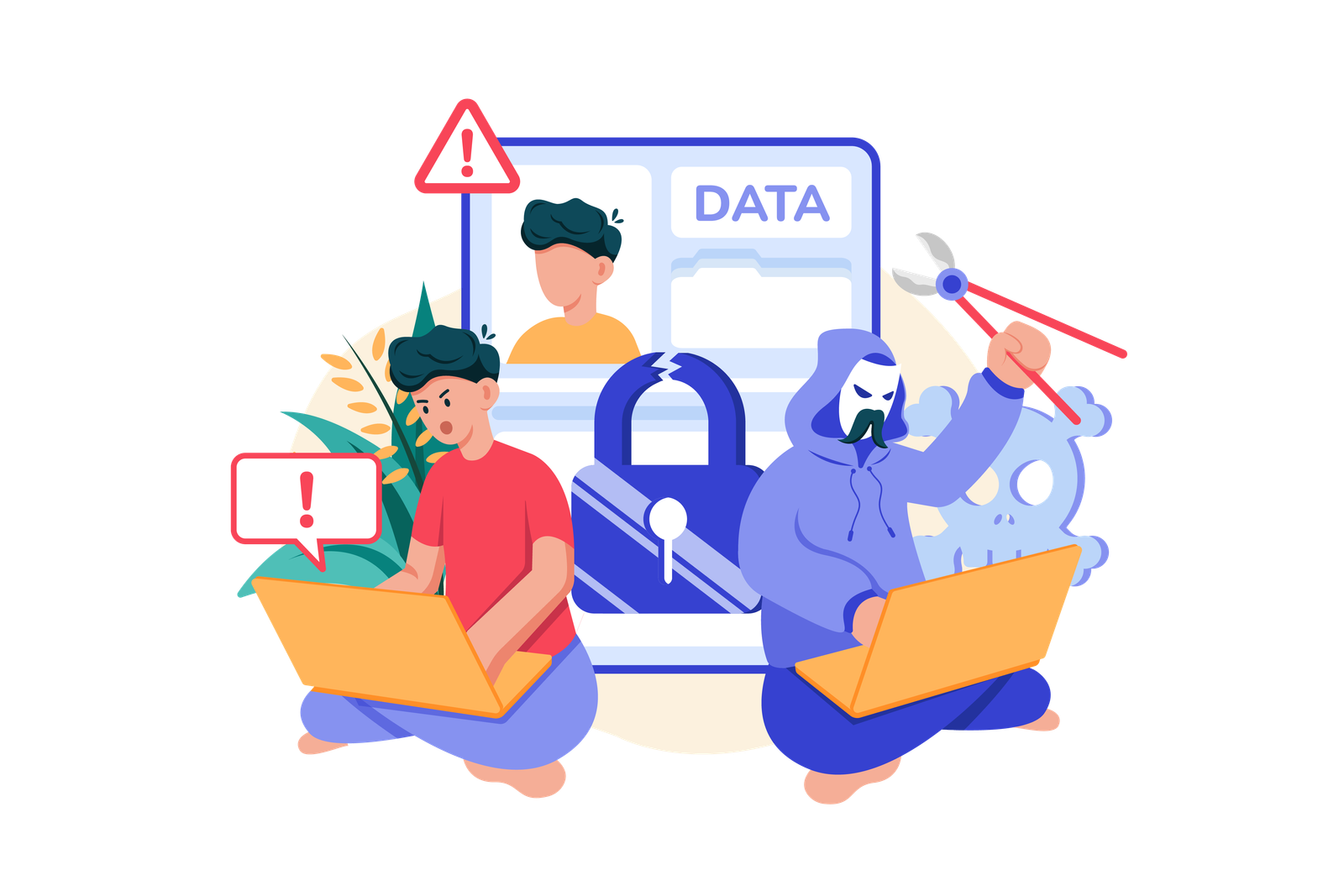Ethics in Tech: Considerations in Web Tracking and Analytics – Striking the Right Balance

Posted: March 13,
Web tracking and analytics have become powerful tools for businesses and website owners to understand user behavior and improve their online offerings. However, the ethical implications of data tracking and privacy cannot be overlooked. In this blog article, we will delve into the ethical considerations surrounding web tracking and analytics, examining the delicate balance between gathering valuable insights and respecting user privacy. By prioritizing consent, transparency, and responsible data practices, we can navigate the ethical challenges and build trust with our users.
Striking the Ethical Balance:
Web Tracking and Analytics
Welcome to the dynamic world of digital evolution, where web tracking and analytics have emerged as the heartbeat of online businesses and web developers alike. In pursuing enhancing user experiences and crafting personalized digital journeys, these powerful tools hold the key to unlocking valuable insights and driving success. However, as the curtain lifts on the fascinating realm of data-driven wonders, it also reveals an ethical stage where crucial considerations around user privacy, consent, and transparency take center stage. Join us on this thought-provoking journey as we delve into the ethical dimensions of web tracking and analytics, seeking the elusive balance between data-driven discovery and preserving the sacred trust of our digital denizens.
Striking The Ethical Balance: Web Tracking & Analytics

The Power of Web Tracking & Analytics
The power of Web Tracking & Analytics
Web tracking and analytics provide invaluable information about how users interact with websites, applications, and digital content. Organizations can gain deep insights into user preferences, pain points, and interests by collecting data on user behaviors, such as page views, click-through rates, time spent on a page, and conversion rates. This data-driven approach empowers businesses to tailor their offerings to meet user needs more effectively, enhancing user experiences and increasing customer satisfaction.
Understanding the Ethical Concerns
While web tracking and analytics offer numerous advantages, the collection and utilization of user data raise ethical concerns that cannot be ignored. Some of the key ethical considerations include:
- User Privacy: User privacy is the most prominent ethical concern in web tracking and analytics. Users expect their personal information and online activities to be handled securely and responsibly. Failing to protect user data can lead to breaches, identity theft, and misuse of information, eroding trust between businesses and their audience.
- Informed Consent: Obtaining informed consent from users before tracking their activities and collecting data is vital. Users must be fully aware of the collected data, how it will be used, and with whom it may be shared. Without clear and explicit consent, businesses risk violating user privacy and trust.
- Transparency: Openness and transparency are essential in ethical web tracking and analytics. Users should be able to access clear information about data collection practices, including the types of data being collected, the purpose of data gathering, and how long the data will be retained.
- Data Security: The responsibility of safeguarding user data falls squarely on the shoulders of businesses. Implementing robust security measures and industry best practices is essential to prevent data breaches and protect sensitive user information.

Understanding the Ethical Concerns

Striking The Right Balance
STRIKING THE RIGHT BALANCE
To navigate the ethical challenges surrounding web tracking and analytics, developers and businesses must prioritize the following principles:
- Prioritizing User Consent: Obtaining explicit and informed consent from users should be the foundation of any web tracking and analytics strategy. This means providing users with clear information about data collection practices and allowing them to opt in or out easily.
- Anonymization and Aggregation: Whenever possible, organizations should aggregate and anonymize user data to protect individual identities and minimize the risk of personal information exposure.
- Data Minimization: Collect only the data necessary to achieve specific objectives. Only gather sufficient data that is within the scope of the intended purposes.
- Regular Data Audits: Conduct regular audits to assess the data being collected, how it is used, and if it aligns with the consent provided by users. This process ensures compliance with privacy regulations and ethical standards.
- Transparent Data Policies: Communicate data policies, including the purpose of data collection, how it will be used, and any third-party sharing, in a user-friendly and accessible manner.
- Strong Data Security: Invest in robust security measures to protect user data from unauthorized access, breaches, and cyberattacks.
FINAL THOUGHT
Web tracking and analytics have revolutionized how businesses operate online, providing valuable insights to improve user experiences and overall performance. However, the ethical considerations surrounding data privacy, consent, and transparency must be addressed. By embracing web development ethics, prioritizing user consent, and ensuring transparent data policies, businesses can balance gathering valuable insights and respecting user privacy. This commitment to ethics will build trust with users and foster a more sustainable digital ecosystem, benefiting both businesses and their valued audiences.